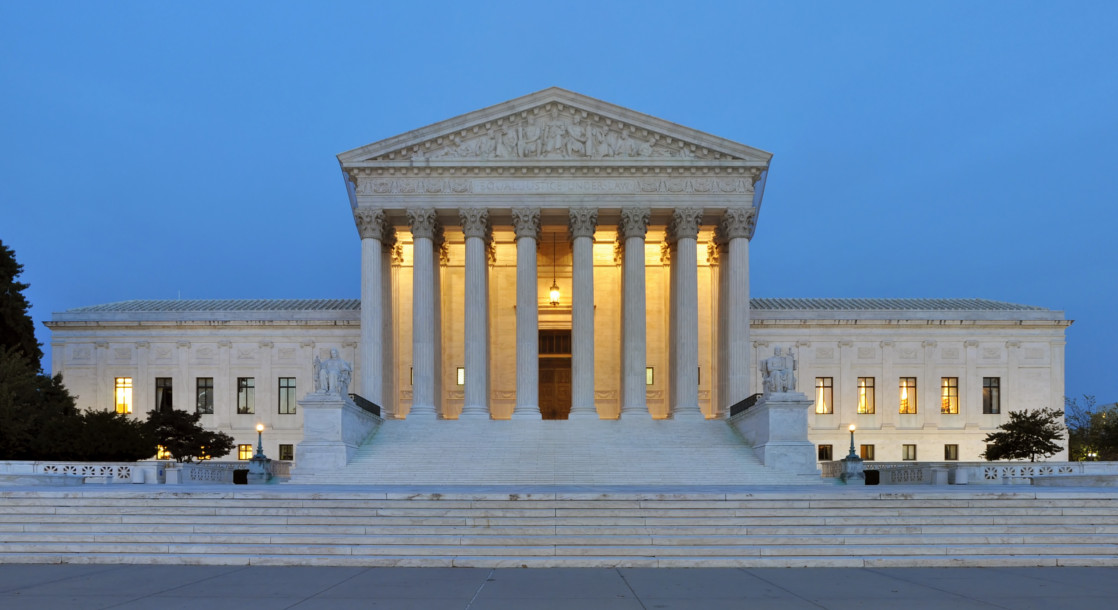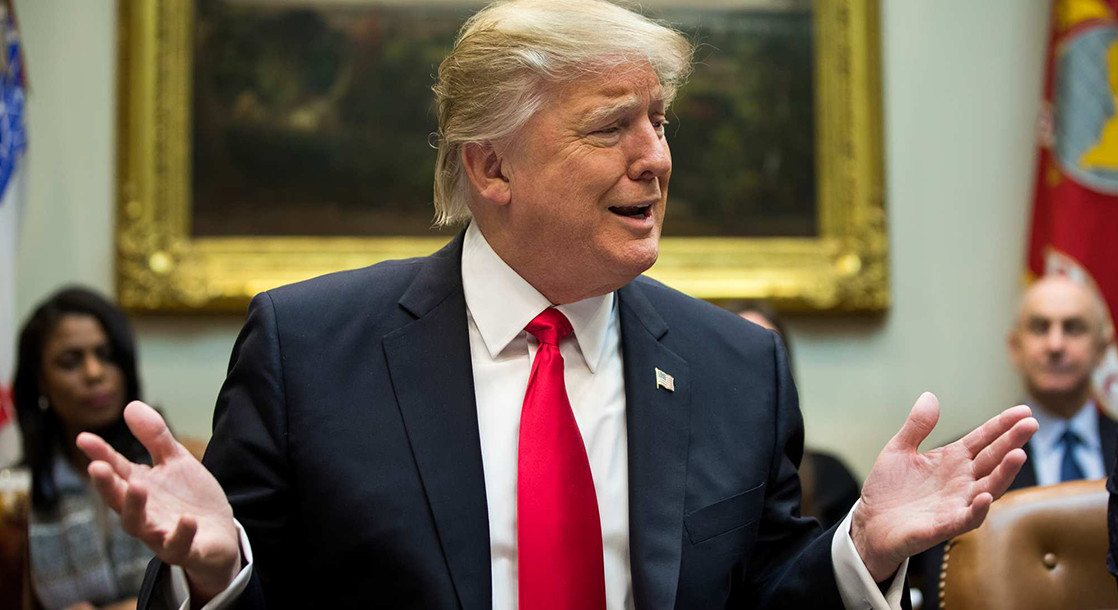It seems the United States government will now be forced to adhere to more sensible policies when it comes to how it seizes the property of people convicted of drug-related crimes.
On Monday, the Supreme Court handed down a unanimous verdict, suggesting that the seizure practices conducted by law enforcement throughout the years have been illegal.
In a case involving two men convicted of selling filtration systems to methamphetamine manufactures in Tennessee, Justice Sonia Sotomayor wrote that forfeiture laws are “limited to property the defendant himself actually acquired as the result of the crime.”
After brothers Terry and Tony Honeycutt were busted for selling over 20,000 iodine water purification filters to meth makers out of Tony’s hardware store, the feds swopped in and seized $200,000 of the $270,000 in profits that were generated from the operation.
However, when the government tried to squeeze the remaining $70,000 out of Terry, who was only a salaried employee at the store, he resisted, arguing that he saw absolutely none of the profits from the sale of the filters.
Justice Sotomayor sided with Honeycutt on the matter.
“Congress did not authorize the government to confiscate substitute property from other defendants or coconspirators,” Sotomayor said. “It authorized the government to confiscate assets only from the defendant who initially acquired the property and who bears responsibility for its dissipation.”
John Marti, a former federal prosecutor, told the Associated Press that the high court’s latest ruling shows the government that “federal criminal statutes and forfeiture statutes are not blank checks for prosecutors.”











